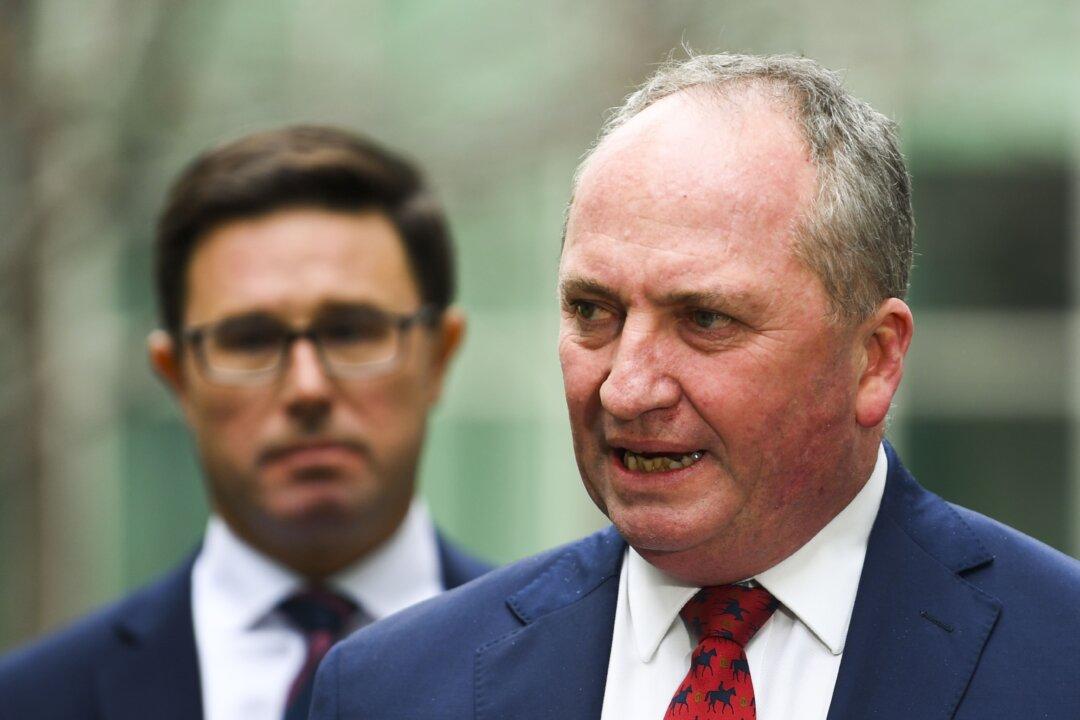Australian Deputy Prime Minister Barnaby Joyce has compared Western Australia’s (WA) handling of the CCP virus pandemic and border closures to the restrictive measures of North Korea, according to The West Australian.
Joyce, who has previously called for states’ to learn to live with the virus, lambasted WA Premier Mark McGowan’s zero-COVID policy and for refusing to provide a hard deadline when the border would reopen to New South Wales (NSW) and Victoria—with McGowan instead saying it would happen a “couple of months” after WA reached “between 80 and 90 percent” vaccinated.





